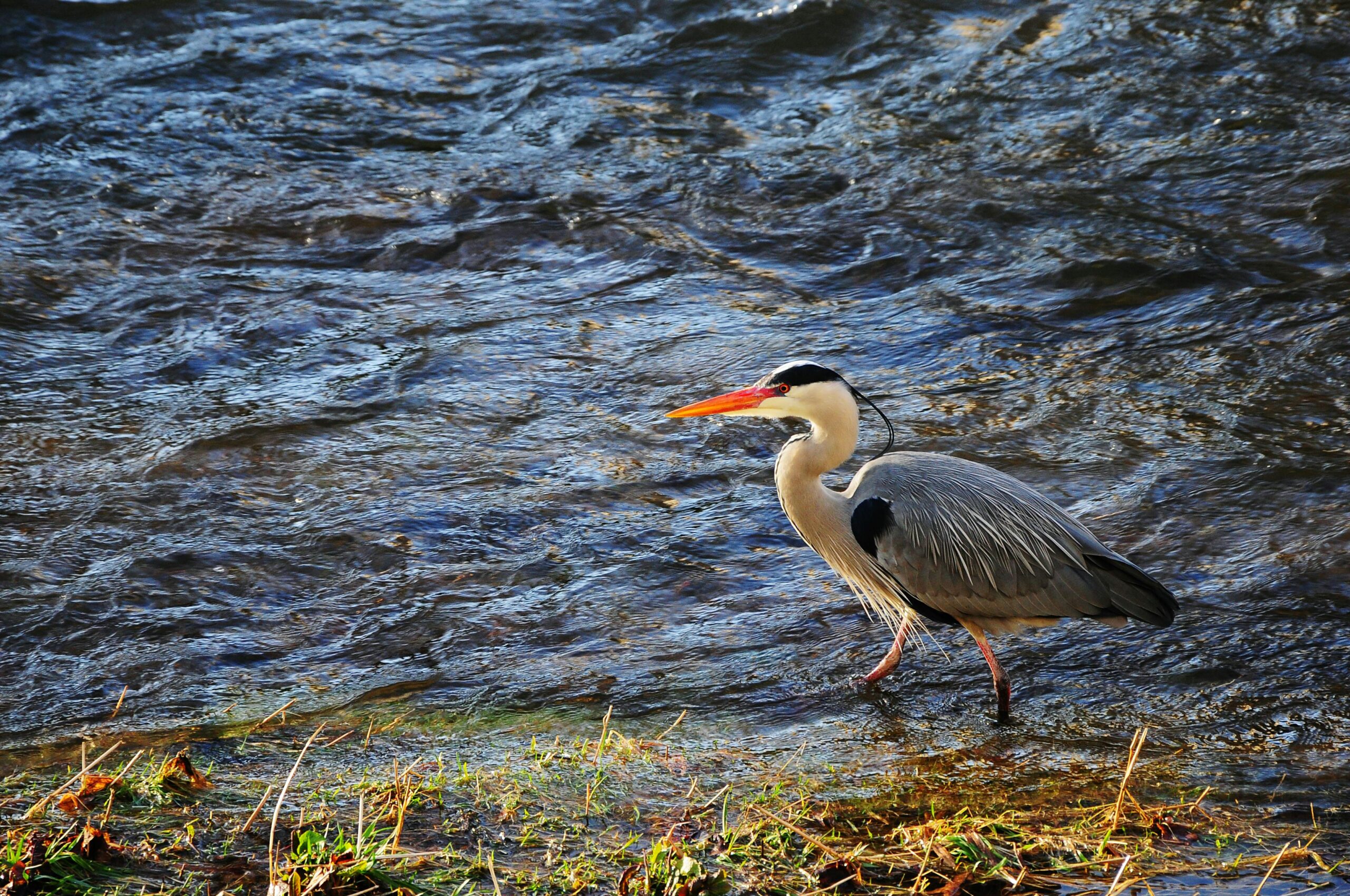
Imagining…
Where Science Meets Creative Writing
Find a story within the topics above
How can we look at fossils and understand what creatures roamed the Earth millions of years ago?
How can we predict the behavior of materials deep within planetary interiors?
How can we reverse humanity’s impact on the global climate?
How can we predict habitats for life on other planets?
Doing impactful, innovative research requires training our brain to imagine the elusive unknown, even when bounded by scientific evidence. Now, more than ever in the history of human civilization, there is a pressing need to exercise our imagination muscles. Writing scientific fiction while accounting for the real science is a powerful way to do just that—to learn what is possible, what is probable, how we can change the future, and what our responsibility is to the future generation of our species.
Most Recent Stories
-

-

Progress Without Morals
A scientist is trying to harness microbial properties to develop a fantastic tool. He believes he can; but should he?
-

For Today’s Inspiration
- Curiosity Blog, Sols 4798-4803: Back for More Science
Written by Michelle Minitti, MAHLI Deputy Principal Investigator Earth planning date: Friday, Feb. 6, 2026 The results from our first visit to the “Nevado Sajama” drill location were intriguing enough to motivate our return to do a deeper dive into the minerals and compounds locked in this rock with SAM (the Sample Analysis at Mars
- CubeSats’ Missions Begin
NASA astronaut Chris Williams pointed a camera out a window on the cupola as a set of CubeSats were deployed outside the Kibo laboratory module by a small satellite orbital deployer into Earth orbit. Students from Mexico, Italy, Thailand, Malaysia, and Japan designed the shoe-boxed satellites for a series of Earth observations and technology demonstrations. CubeSats are a class of nanosatellites – small spacecraft
- A Double-Edged Sword: The Global Oxychlorine Cycle on Mars
Global detections of oxychlorine salts reveal a complex, 4-billion-year chemical cycle on Mars. They can act as de-icing agents, oxidants, a hazard and a vital resource for future human exploration.
- The AMOC of the Ice Age Was Warmer Than Once Thought
An analysis of sediment cores indicates that North Atlantic waters were relatively warm and continued to circulate even under major climate stress during the Last Glacial Maximum.
- A hack-proof internet? Quantum encryption could be the key
Team in China sends data with entangled atoms, neutralizing backdoor hardware threats
- Inside the quest to make a safer football helmet
New energy-absorbing designs and materials have revolutionized the iconic safety device
- In This Issue
Proceedings of the National Academy of Sciences, Volume 123, Issue 5, February 2026. <br/>
- Quantum benchmarking of high-fidelity noise-biased operations on a detuned Kerr-cat qubit
Proceedings of the National Academy of Sciences, Volume 123, Issue 5, February 2026. <br/>SignificanceThe path to practical quantum computing is hindered by the presence of noise, which disrupts fragile quantum information. Recent advances suggest that tailoring quantum hardware to favor certain types of noise can lead to more efficient error …
- Dozens of researchers will move to France from US following high-profile bid to lure talent
Nature, Published online: 10 February 2026; doi:10.1038/d41586-026-00405-2Large proportion worked at Columbia University, which had its grants cut and frozen by the administration of US President Donald Trump.
- How to rescue the aid industry: focus on conflict prevention, not just relief
Nature, Published online: 10 February 2026; doi:10.1038/d41586-026-00384-4In an era of escalating conflict, a development-only approach to aid will yield fleeting results.